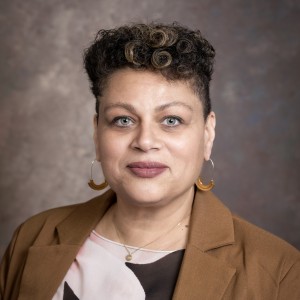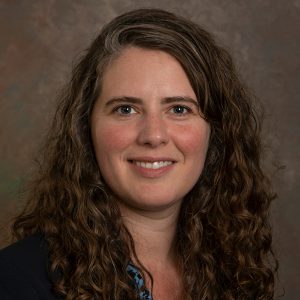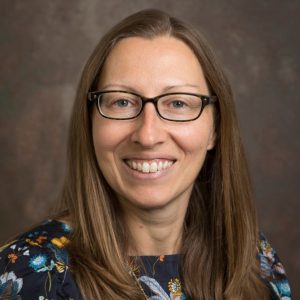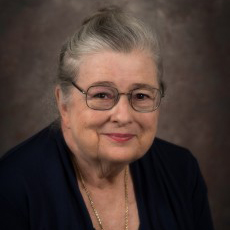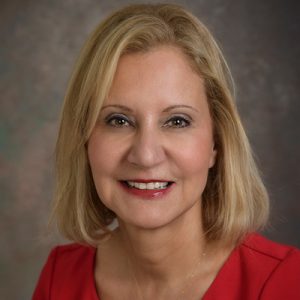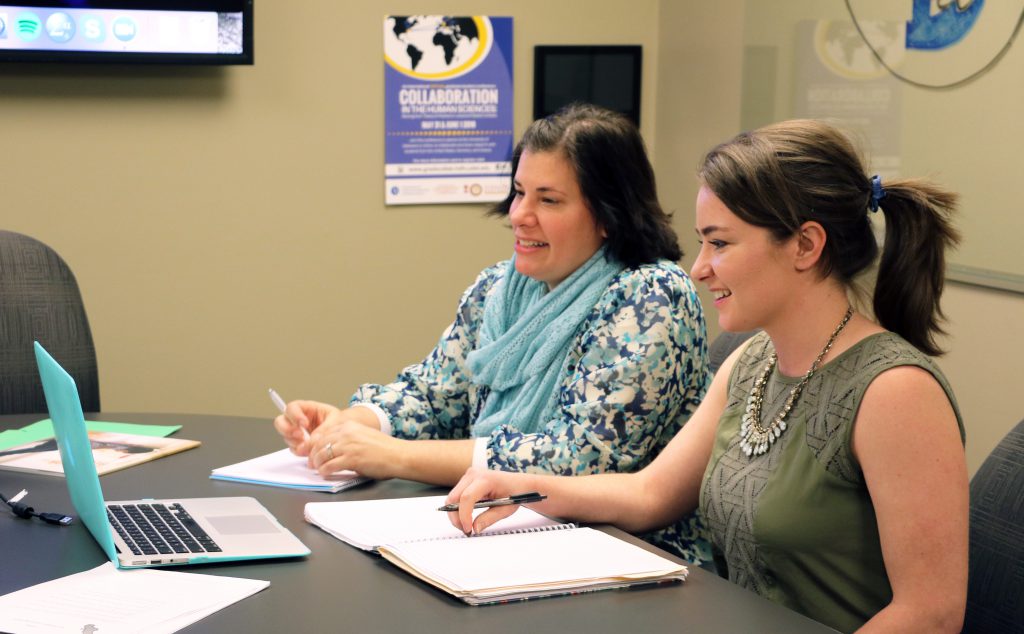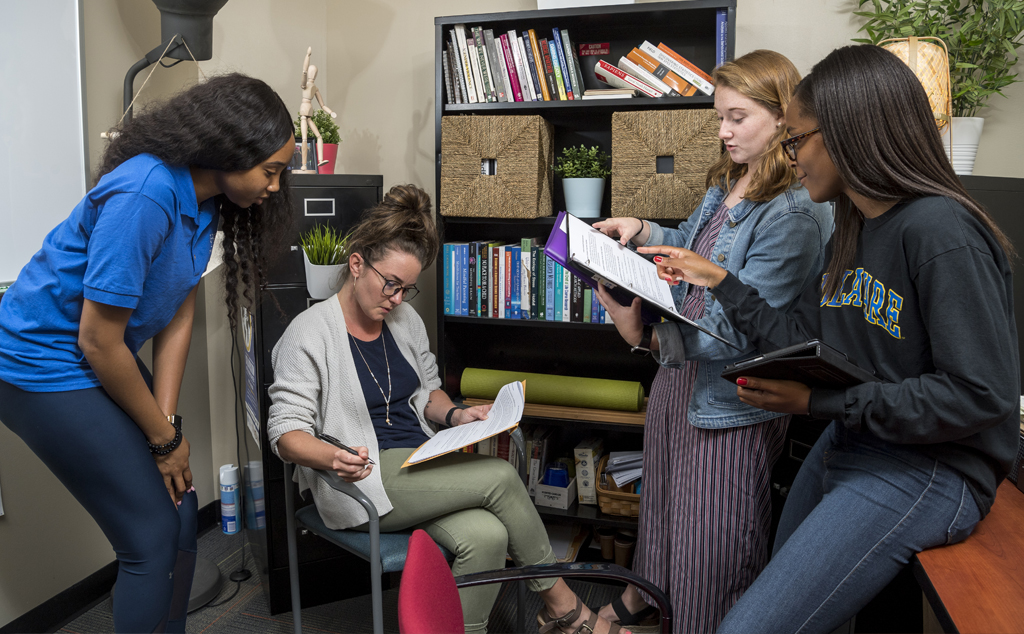Research
Family Policy and Services
The typical family in the twenty-first century looks nothing like its counterpart from decades earlier. Families have grown smaller. Women are increasingly breadwinners and heads of household. Many adults are choosing to start families later in life, and more children are raised in single-parent households or by extended family. And more resources are available to help children with disabilities and their parents or caregivers.
In the College of Education and Human Development at the University of Delaware, our faculty are pursuing research that is helping educators and professionals who work with families in a variety of settings, including nonprofit organizations, schools, hospitals, human resource departments, legal aid and advocacy groups. Supported by grants and collaborative community partnerships, our faculty’s research is making a real-world impact by influencing legislators and policymakers to re-imagine what constitutes a traditional, “healthy” family in the modern world. Recent research includes how globalization has changed family structures and dynamics, domestic violence, and stress and mental health among young people experiencing some kind of social or family instability.
Researchers
How can we build more inclusive communities? Ann Aviles’ research focuses on examining the policies, services and programs that impact the educational opportunities, material realities and mental health of youth of color who are experiencing homelessness or other forms of instability. Aviles also collaborates with community-based organizations to advocate for educational access, equitable funding and anti-racist systems and practices with, and for, students and families of color experiencing homelessness, poverty, incarceration, and mental health challenges.
How can we support and structure the systems that affect youth on the autism spectrum so they can grow to achieve their goals? The special needs of a child diagnosed with autism will inevitably add some complications to family life, especially as the time and resources of one or more parents are intensely focused on providing treatment and interventions to the child. According to Sarah Curtiss, one helpful action families can pursue is to have regular communal mealtimes. Establishing a regular routine of family meals has the potential to create emotional connections and communal closeness, despite the inherent difficulty of mealtimes with an autistic child. Curtiss has developed an online toolkit called Mealtimes on the Spectrum, based on interviews with families and observations of their meals, and is now evaluating the toolkit’s effectiveness.
How can communities be more accommodating to individuals with disabilities and their families? Steven M. Eidelman’s research and interests include community based and inclusive support to people with intellectual disabilities and their families. Recent publications have examined the cost of caregiving for parents of children with developmental disabilities.
How can the legal system better protect women who have been abused by their intimate partners? Ruth Fleury-Steiner’s research focuses on improving the way that community agencies, particularly the legal system, respond to gender-based. Fleury-Steiner and her research teams have conducted structured observations of protection order hearings in Delaware Family Court where women are seeking protection orders; they have also interviewed survivors of domestic abuse about their experiences in court. Fleury-Steiner also partners extensively with state and local advocacy programs to use research to enhance services.
What are the best practices for teachers supporting the early language and literacy development of at-risk children? Myae Han’s research in early childhood education has shown that young children learn best in environments where they are able to learn and play at the same time. Han has also co-developed early literacy interventions for at-risk and low-income preschool students in Head Start, which was supported by a $3.3 million grant from the U.S. Department of Education.
Infants and toddlers who are exposed to chronic stress may suffer lifelong consequences that contribute to mental health disorders, learning deficiencies and emotional instability. However, Jason Hustedt has found that the opposite is also true: that nurturing relationships can reverse damage caused by chronic stress. As co-director of the Starting at Home project, which is supported by a five-year, $2 million grant from the U.S. Department of Health and Human Services, Hustedt is researching how healthy, supportive relationships may be precisely what children need to overcome stress caused by poverty, abuse and/or neglect.
How do we advance the positive development and well-being of adolescents, youth and emerging adults, especially those who face disadvantages and marginalization? And how can we improve our interventions through implementation science and evaluation research? Jin Yao Kwan’s research focuses on the development of adolescents, youth and young adults in underserved communities. He explores how families and communities use institutional supports and examines structural factors and contextual processes that perpetuate poverty and inequality.
How do we bridge LGBTQ+ developmental research and community impact through developmentally-informed, affirmative interventions? Eric Layland’s research areas include LGBTQ+ within-group differences in mental health and unhealthy substance use, the impact of stigma on LGBTQ+ development, strengths-based approaches to LGBTQ+ health and LGBTQ+ affirmative interventions. Through community partnerships and funding support from the National Institutes of Health, Dr. Layland has led and collaborated on several intervention evaluations.
Abram J. Lyons specializes in social work. His research interests include the historical and ongoing impacts of racism and colonialism on Indigenous families and how Sovereignty-affirming policies can improve outcomes for Indigenous communities. Prior to joining UD, he worked on a project examining Indian Child Welfare Act (ICWA) implementation in a Midwestern state and with the University of Pennsylvania’s Center for Guaranteed Income Research, where he studied the effects of a financial intervention among families involved with the child welfare system.
How can we support the health and wellbeing of young adult mothers? Kate Riera’s doctoral research and dissertation focused on the health and wellbeing outcomes of adolescent and young adult mothers and their children. She examined the effects of social and family support. Her research interests include marginalized families, adolescent health and well-being and equitable and engaging teaching practices in family science. She teaches courses related to partnering effectively with individuals, youth, and families to improve their wellbeing and family functioning.
Barbara Settles researches diverse families, grandparenting and intergenerational relationships, health and family and sexual education, and long term planning for family futures. Recent research projects have focused on family policy, alternative family forms and gender issues, and family genetics. She consults with preschool and daycare facilities in high-risk areas with a special focus on ways to involve parents more in supporting their child’s development and community action.
What is the relationship between globalization and family change? According to Bahira Trask, even as women are increasingly working outside the home, and likely traveling long commutes to labor-intensive jobs, domestic roles remain largely unchanged—women have continued to handle most domestic chores, raising the question about improvements in their quality of life. However, financial independence has also ushered in a new era for women globally, where women in unhealthy relationships are more likely to leave. Trask is a frequent member of United Nations expert group meetings, and in 2018 delivered the keynote address for the United Nations International Day of Families.
Raphael Travis’s research, practice and consultancy work emphasize healthy development over the life-course, resilience and civic engagement. He also investigates the creative arts, especially Hip-Hop culture, as a source of health and well-being for individuals and communities. He is author of the book The Healing Power of Hip Hop and co-editor of Music for Inclusion and Healing in Schools and Beyond and The Future of Youth Violence Prevention: A Mixtape for Practice, Policy, and Research. He is faculty director of the master’s of social work program.
Funded Research & Engagement
Street PAR Health Project: How Street Identified Black Youth and Young Adults Understand and Experience Violence in Two Local Neighborhoods
PI: Yasser A. Payne, Co-PIs: Ann M. Aviles and LeRoi S. Hicks
Christiana Care Hospital
Project Based Learning and CBO Collaboration as Critical Tools for Student Learning: Cultivating Advocacy and Action to Support the Needs of Families and Communities in Delaware
PI: Ann Aviles, Co-PI: Ruth Fleury-Steiner
Center for Teaching and Assessment of Learning, University of Delaware
Paternal Resilience: Transitions in Nonresidential Fathers’ Involvement with Children in Low-Income Families
Co-PIs: Rob Palkovitz, K. Roy, J. Fagan
National Poverty Center
In the News
During the 2022-23 school year, the state of Delaware identified more than 4,400 students who lack a fixed, regular and …
As a young person with experience in the foster care system, University of Delaware graduate student William Woelki understands firsthand …
In celebration of National Children’s Book Week from November 3 to 10, University of Delaware’s College of Education and Human …
This fall, the University of Delaware College of Education and Human Development (CEHD) welcomes two new faculty members specializing in …




